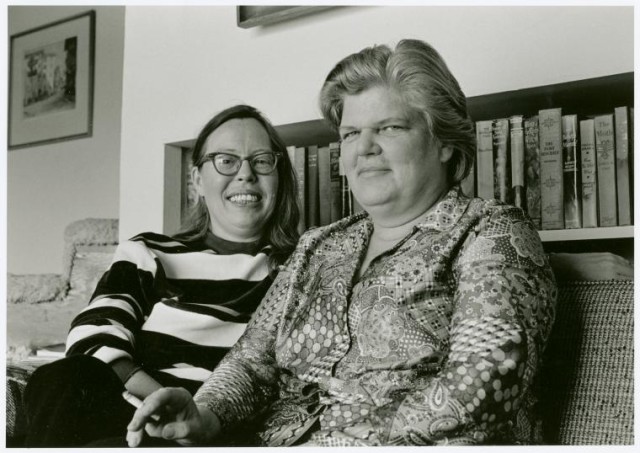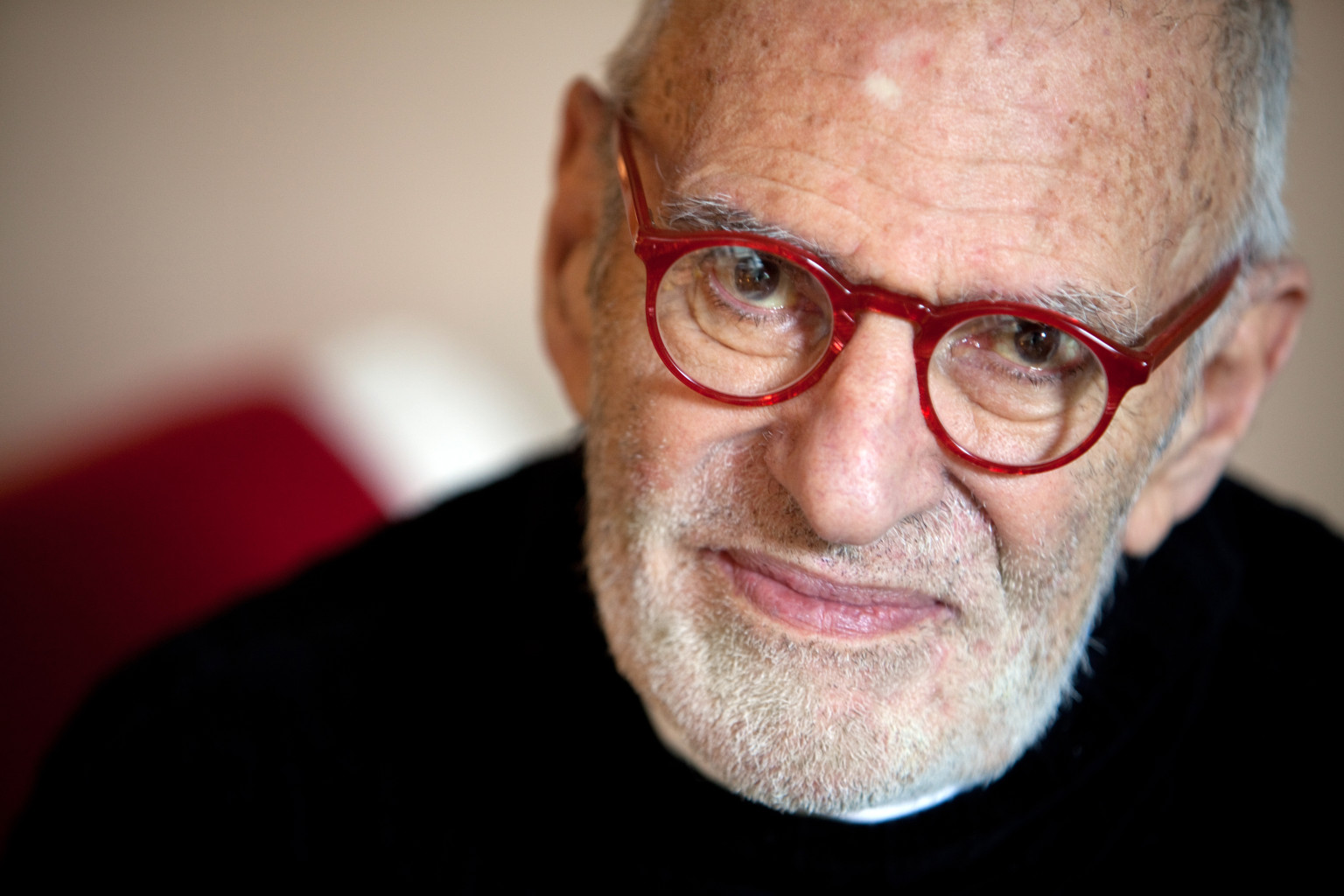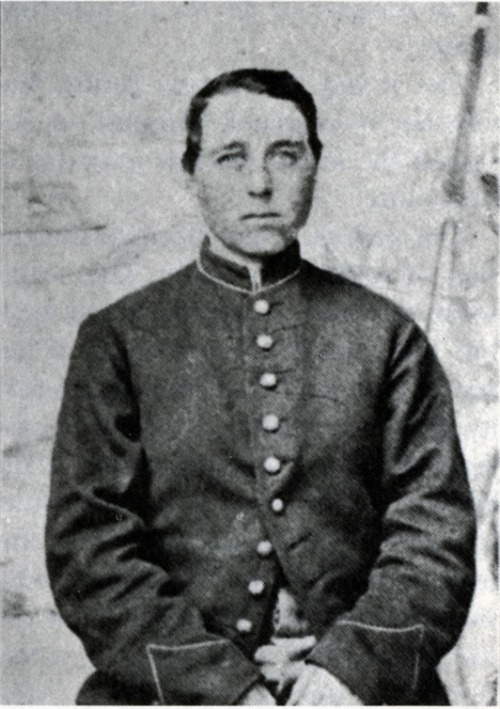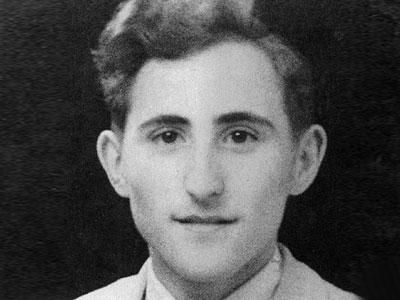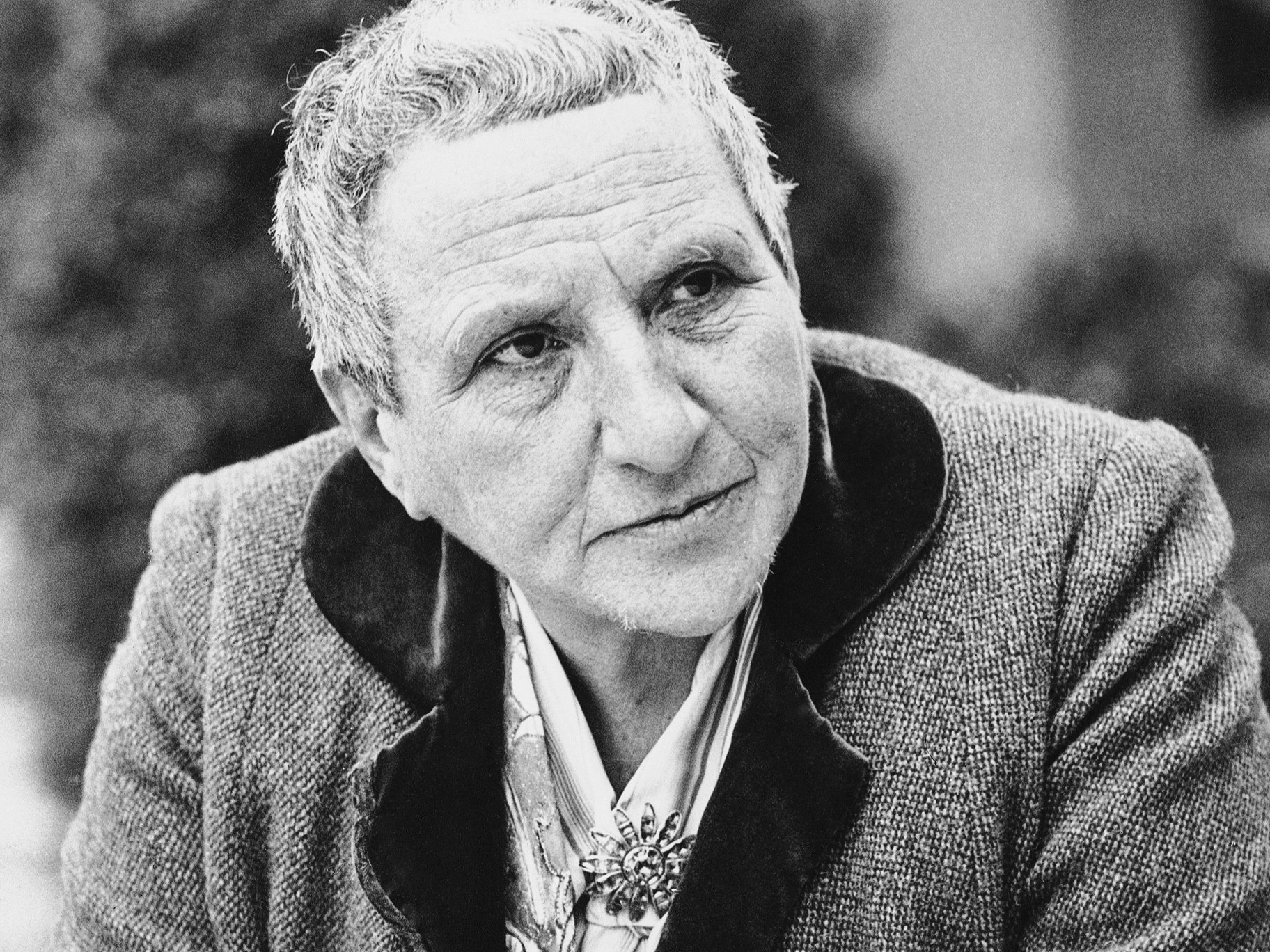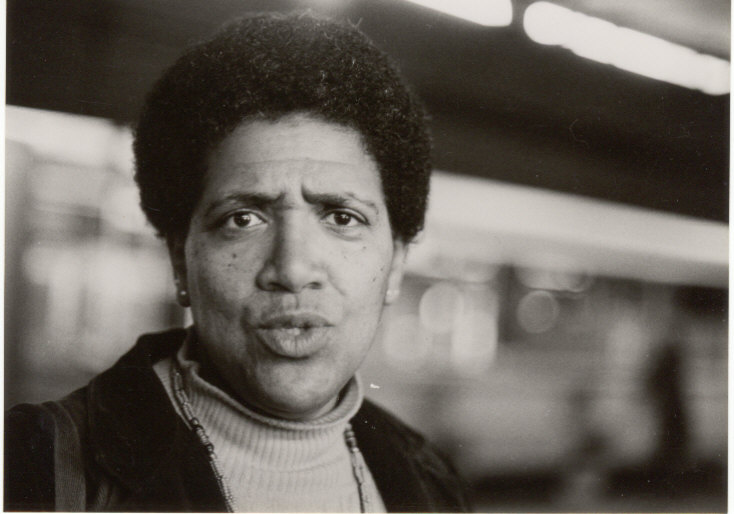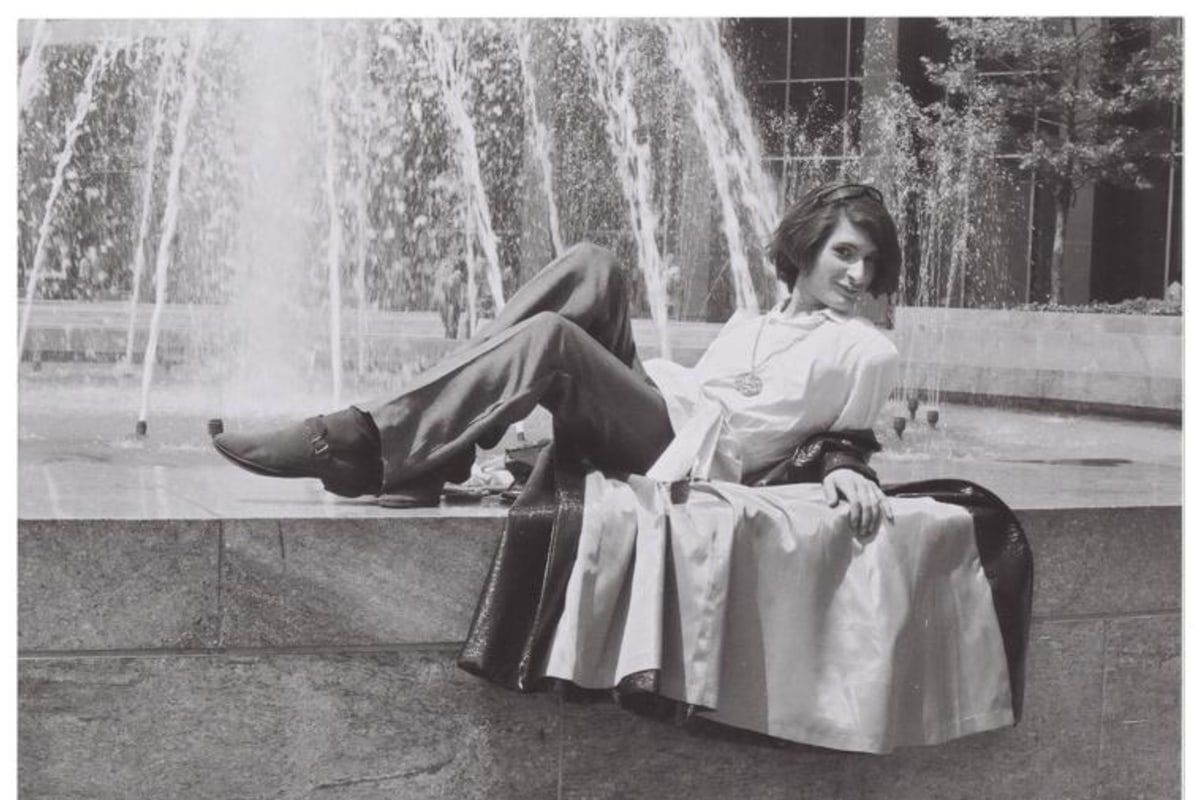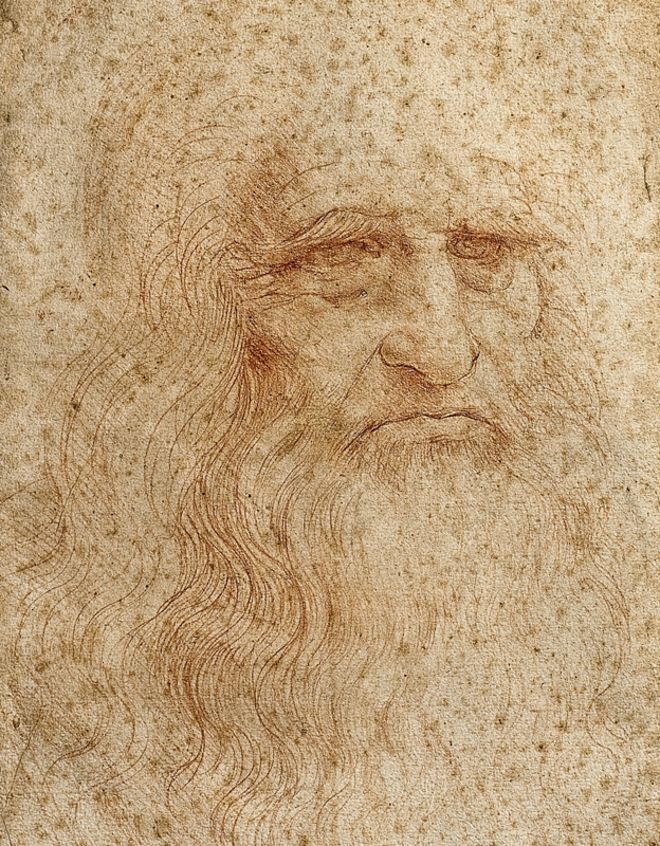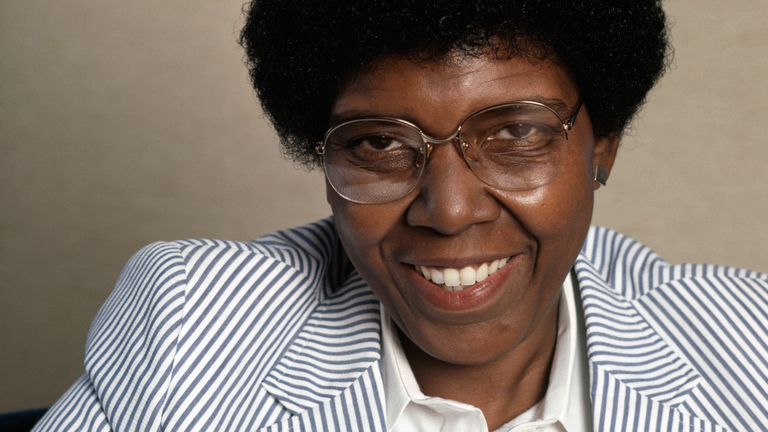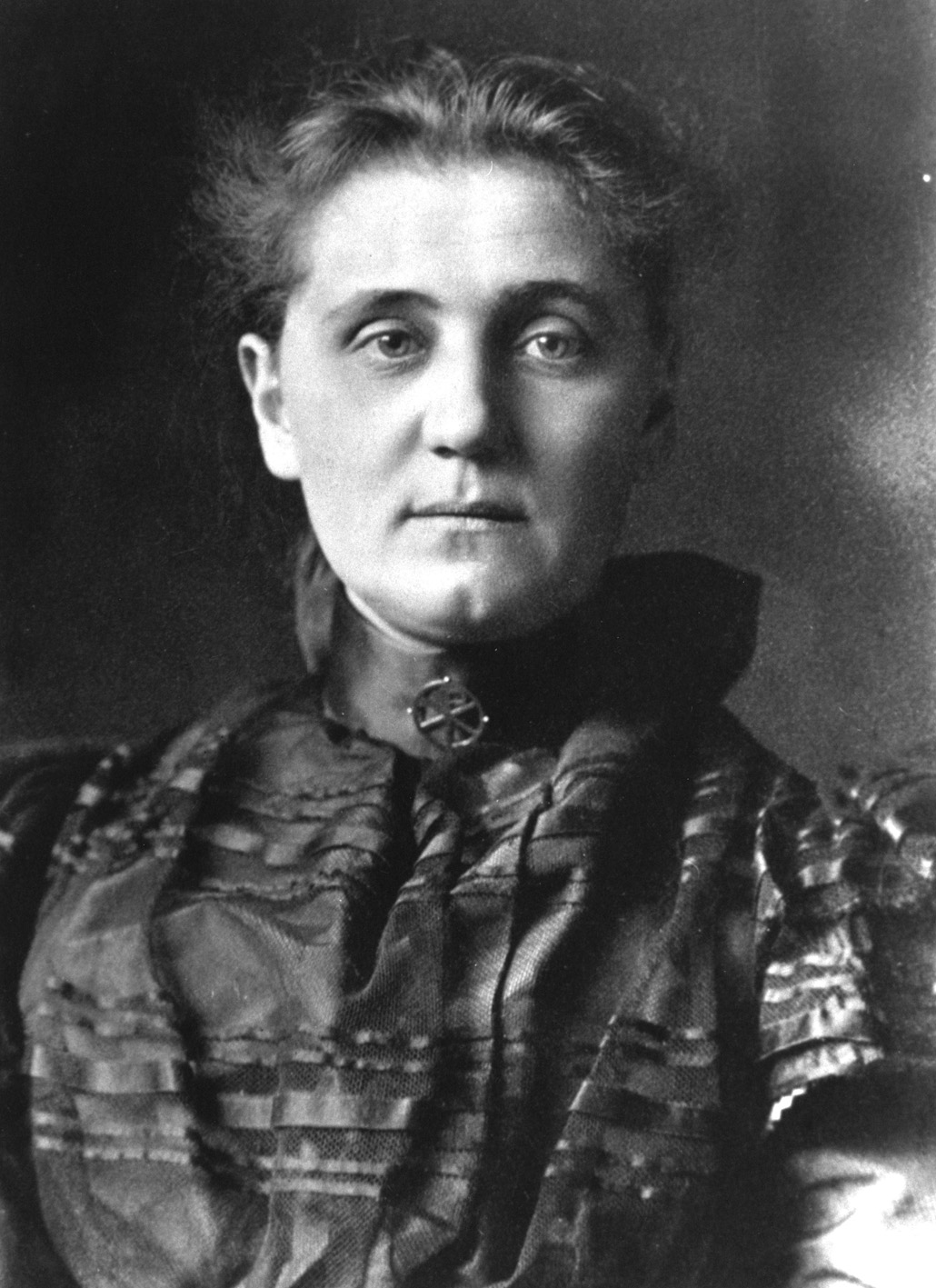Oscar Wilde
Just as I started this blog with one of the most recognizable LGBT people in history, so will I close it with one. Perhaps the most famous (and, in some circles, infamous) gay man of all time is novelist, playwright, and poet Oscar Wilde. In the early 1890s, Wilde was one of the most celebrated playwrights in London. His first novel was published in 1890 but was largely ignored for its homosexual allusions and celebration of social decadence; it was re-published a year later with revisions meant to address its moral shortcomings, but the novel was still poorly received. It was called The Picture of Dorian Gray. Wilde turned his attention to the stage, where he found success with a string of well-reviewed plays performed from 1892-1895: Salome, Lady Windemere's Fan, A Woman of No Importance, An Ideal Husband, and what is now considered his masterpiece, The Importance of Being Earnest, one of the most frequently performed plays in the world for over a century. Wilde's success was to be short-lived, however. Wilde had the Marquess of Queensbury, the father of Wilde's lover, prosecuted for libel. While on trial, details of Wilde's private life with Lord Alfred Douglas surfaced, and Wilde found himself on the received end of his own prosecution, for gross indecency. He was convicted after two trials and sentenced to two years hard labor in prison. While imprisoned, he wrote a letter, later titled De Profundis when it was published in 1905, about the hardships he experienced. He was released in 1897 and left Britain for France. He lived there in exile for years under an assumed name, Sebastian Melmoth, in a state of poverty. Wilde entered a deep depression by late 1900 and became weaker with each passing day. He contracted cerebral meningitis, which eventually took his life on November 25. Today, Wilde is recognized as one of the most influential writers of the late 19th century, but he died penniless only five years after achieving his greatest success because he dared to be gay.

